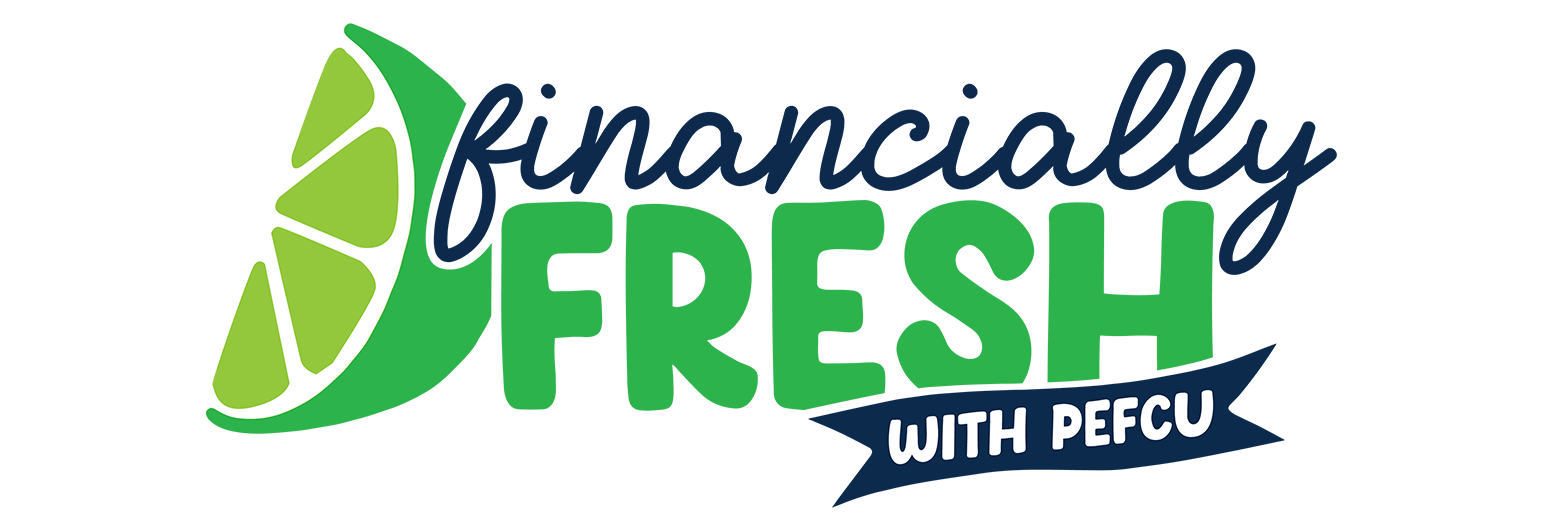December 1, 2022Tips to Increase Your Credit Score
A high credit score makes it much easier to be approved for loans, make large purchases, take on financial assets, and even rent an apartment. If improving your credit score is on your “to-do” list, we have some tips that will lead to significant improvements in your score within a matter of months.
Steps to Increase Your Credit Score
Check for Errors. While you may think it’s unlikely that your credit report will contain errors, it’s more common than you may think. Regularly reviewing your credit report is essential. Take a moment and download a FREE copy of your credit report from each of the three major credit bureaus (Experian, Equifax & TransUnion) at www.AnnualCreditReport.com. Then, be sure to review it thoroughly. Contact the credit reporting company and file a dispute right away if you notice any discrepancies.
Enroll in Auto Payments. Did you know your payment history typically has the most significant impact on your credit score? Not only will missing payments affect your overall score, but even if you are late on your payments, your score could be adversely affected as well.
However, there is an easy solution – PEFCU Bill Pay. With Bill Pay, you set up the dollar amount and the date for your payment to be automatically sent each month to the biller – eliminating the possibility of forgetting to make a payment. Utilize our Bill Pay option to pay companies, credit cards, and loans.
Reduce Your Credit Utilization Ratio (CUR). Your CUR (Credit Utilization Ratio) is a ratio that lenders check to see how well you manage credit. This ratio illustrates how much you owe on your credit cards compared to your total available credit and is defined by a percentage. Ideally, you want this figure to be below 25%.
To calculate this ratio, take all your outstanding credit card balances and divide them by your total credit card limits. Then multiply that figure by 100 to get your CUR percentage.
For example, let’s say you have one credit card with a balance of $2,000 and the credit limit is $5,000. Your CUR would be ($2,000 / $5,000 x 100) = 40%.
If your CUR is higher than 25%, it’s a good idea to begin working on a strategy to lessen your credit card debt to increase your overall credit score.
Apply Only When Needed. These days, many stores offer rather large discounts if you apply for their credit card when checking out. As tempting as this may sound, it’s best to do without the discount. Just like the famous saying, “Curiosity killed the cat,” applying for multiple lines of credit to see what rate or discount you qualify for can hurt your credit score. Every time you apply for credit, your score will be dinged. Instead, only apply for loans or credit when necessary.
Accept Only What’s Necessary. Lenders will often approve you for the maximum amount you qualify to receive, even if you requested a smaller amount. However, it’s important to remember that just because you’re approved for a $400,000 mortgage doesn’t mean you need to borrow the total amount. Taking on excessive debt can quickly decrease your credit score, especially if you cannot afford higher payments. Plus, less borrowing means less interest you have to pay, which, over time, will save you money.
Keep Your Accounts Active. While you may be tempted to stop using a credit card you just paid off, keeping it open and actively using it may help increase your credit score. Lenders like to see you can manage credit over the long term, so it’s best to keep your oldest credit card active. Even if you only use it once a month for small purchases, such as filling your car’s gas tank, this will help increase the average length of your credit – thereby increasing your score.
Reduce Unsecured Debt. There are two types of debt, unsecured debt, and secured debt. Unsecured debt includes loans or credit without collateral (credit cards, personal loans, student loans). Secured debt includes loans backed by collateral (car loans, home loans). Because the unsecured debt has no collateral backing it, it typically has a greater impact on your credit score. It’s best to keep the unsecured debt you have to a minimum (read Good Debt, Bad Debt—Knowing the Difference).
Increase Your Credit Limits. If you can manage your debt and keep your credit utilization ratio below 25%, asking your credit card company to increase your credit limit will help lower your CUR even more. However, this should only be done if you can responsibly repay your current debt each month and not be tempted to spend more.
One Thing to Note When Checking Your Credit Score…
While many websites and apps allow you to review your current score, it’s important to note that you should only use these figures as a benchmark to gauge where you currently stand.
Different credit scoring “models,” such as FICO® and VantageScore, are used to determine your score. However, not all websites or apps show you both models, and they may not match your current lender’s model to approve loans. Instead, it’s best to use these credit scores as a tool to see if your score is rising or falling. You can check your Fico® Score anytime at no cost in our PEFCUMobile app.
We’re Here to Help!
If your credit score is less than stellar, all is not lost. By following some of these easy steps, you’ll soon see your credit score begin to increase. However, if you’re looking for additional guidance on boosting your credit, we’re here to help.
Please stop by any of our branch locations or call 1-800-226-6673 to learn how we can help you improve your credit score.
Each individual’s financial situation is unique, and readers are encouraged to contact PEFCU when seeking financial advice on the products and services discussed. This article is for educational purposes only; the authors assume no legal responsibility for the completeness or accuracy of the contents.



Thank you for your advise and superior customer sevice